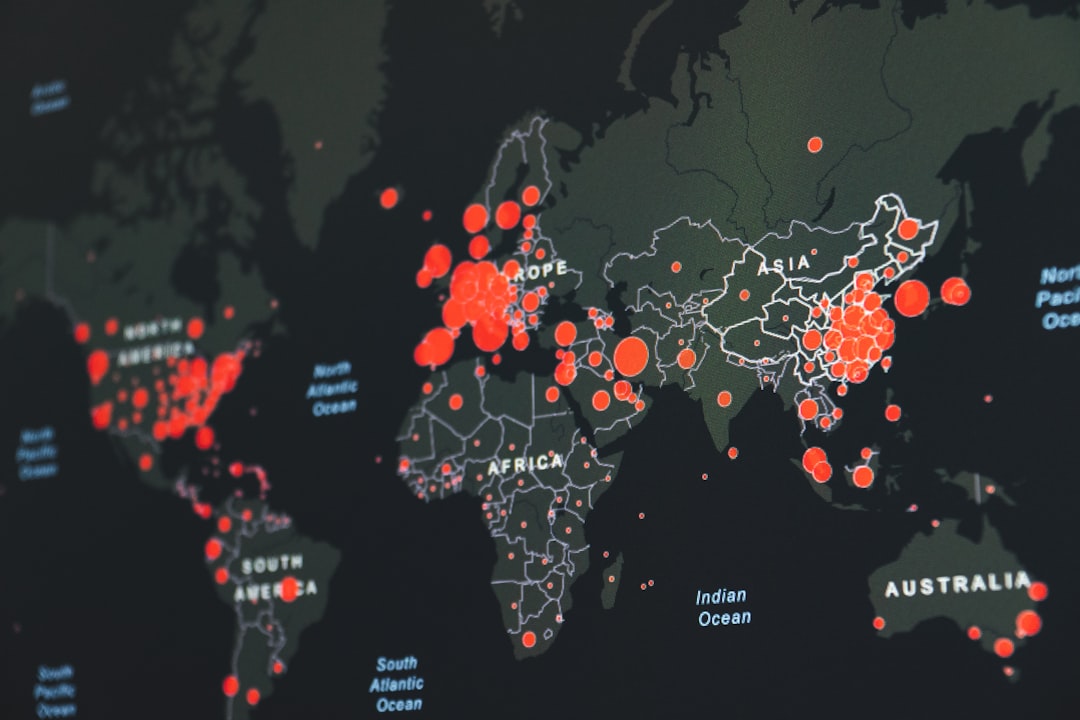What is it about?
Issues of a sustainable environment have special ramifications for rural communities in the developing world. Poor communities are likely to engage in practices that threaten the environment which will ultimately contribute to a vicious circle of more poverty. The prevalence of poverty will also lead to more conflict as the environment will be a center of competition for the multiple stakeholders and particularly the rural poor that depend on the immediate physical environment for survival. A part of the solution to this problem of growing pressure on the environment is community participation in which all stakeholders participate as communicators in intelligent governance of the environment. In particular, participation would mean involvement in dialogue among stakeholders on all aspects of the environment to ensure the fragility of the environment is a collectively felt concern and collaboration toward a wise use of resources is understood to be a common goal. Participatory communication enables stakeholders to have more understanding of the fragility of their environment, the personal, family and community consequences of a compromised environment, and the need for action that they can take as informed and empowered stakeholders by responsibly utilizing environmental resources and taking stock of survival needs of future generations.
Featured Image

Photo by Erik Hathaway on Unsplash
Why is it important?
The present study conducted in Ethiopia highlights that conflicts relating to the environment can impede sustainable environmental management programs and therefore need to be resolved satisfactorily in view of their devastating consequences. In the study setting, a local NGO, known as Organization for Rehabilitation and Development (ORDA) in Amhara, is involved in ensuring that cultural institutions are mobilized in the prevention and management of environmental conflicts in the Amhara state in the north of the country that may threaten environmental resource security, sustainability and livelihood development. Through the exemplary work by the local NGO, dialogue is utilized as a vehicle for reasoned environmental action.
Perspectives
Our study on the whole showcases the design and implementation of a participatory communication framework that yields in the successful participation of important environmental stakeholders leading to awareness creation, and empowerment of rural poor who have acquired knowledge and skills in the sustainable use of forest resources in a fragile environment in the north of Ethiopia, which has had a history of tragedies relating to environmental degradation.
Amanuel Woldearegay
Addis Ababa University
Read the Original
This page is a summary of: Environmental conflicts as key factors influencing participatory environmental communication and sustainable development of a rural society, Conflict Resolution Quarterly, April 2022, Wiley,
DOI: 10.1002/crq.21339.
You can read the full text:
Contributors
The following have contributed to this page










